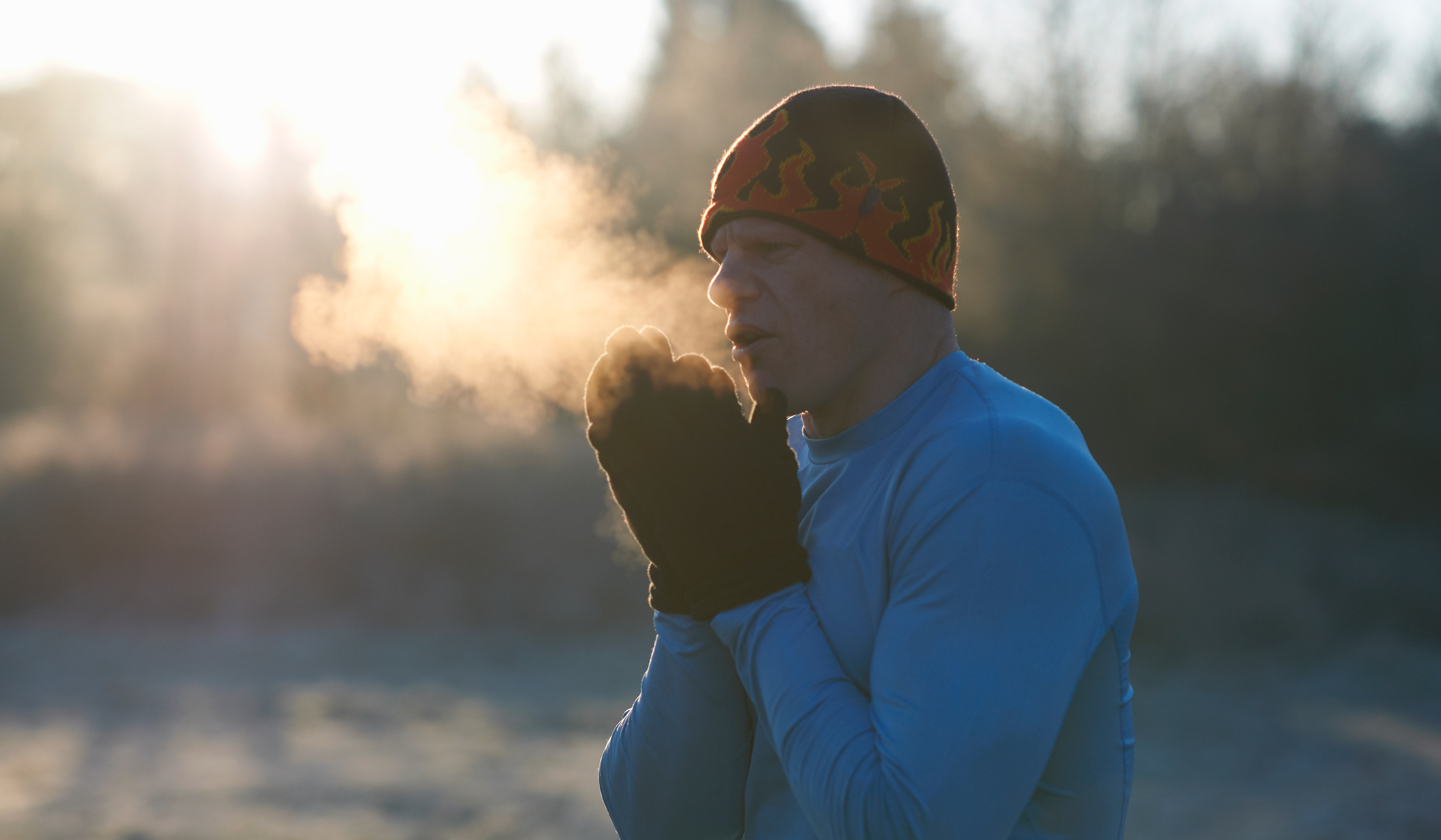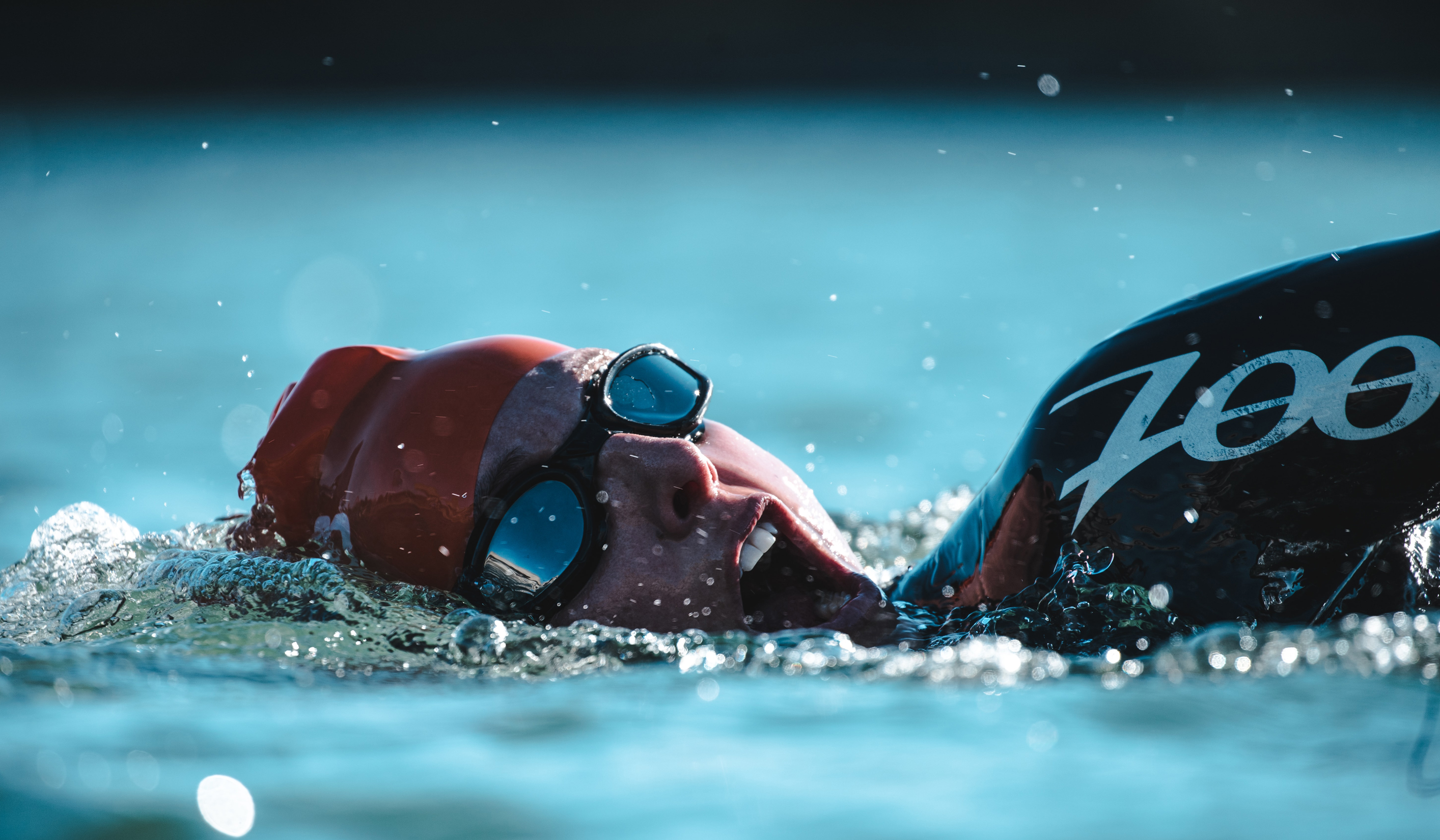Why you should breathe through your nose (not your mouth) when you exercise
One study says we've been breathing all wrong when we exercise. Here's how to improve your aerobic fitness


Start your week with achievable workout ideas, health tips and wellbeing advice in your inbox.
You are now subscribed
Your newsletter sign-up was successful
Exercise, especially cardiovascular exercises like running and HIIT training, depends on our breathing. When we breathe very heavily during intense aerobic workouts like the ones listed above, we tend to start breathing through our mouths. But according to one study, changing the way we breathe could provide us with serious benefits.
- NEW: It's safe to go back to the gym, according to this huge US study
- PLUS: Your Fitbit could save your life with this new skill
The study, published in the International Journal of Kinesthesiology and Sports Science, looked at what happens when we breathe through our nose rather than our mouths during exercise.
The study looked at one group of runners, each consisting of male and female participants, and had them complete a workout using nasal breathing and the same workout with "normal" mouth breathing. The study looked at the oxygen used by the body during the exercise, or VO2 Max, which is a common measure of aerobic endurance.
The study found the participants had a "significantly better" physiological economy when they were breathing through their nose, which meant they were losing less energy.
However, their VO2 Max remained the same, showing the body could use just as much oxygen, but waste less energy when breathing through your nose. This meant the participants could perform just as well breathing through their noses as they could with their mouths.

We often don't notice how we're breathing, especially in the middle of a demanding exercise. However, if you're doing aerobic exercise, this study suggests it might be time to start thinking about our breathing.
There are other ways to help you catch your breath while working out. One study suggests swimming regularly, as practise holding your breath can help increase your lung capacity.
Start your week with achievable workout ideas, health tips and wellbeing advice in your inbox.
The study, published in the Indian Journal of Physiology and Pharmacology, compared the lung capacities of swimmers and runners, finding swimmers superior. The study authors wrote: "respiratory muscles are required to develop greater pressure as a consequence of immersion in water during respiratory cycle, thus may lead to functional improvement in these muscles".
Liked this?
Matt Evans is an experienced health and fitness journalist and is currently Fitness and Wellbeing Editor at TechRadar, covering all things exercise and nutrition on Fit&Well's tech-focused sister site. Matt originally discovered exercise through martial arts: he holds a black belt in Karate and remains a keen runner, gym-goer, and infrequent yogi. His top fitness tip? Stretch.
